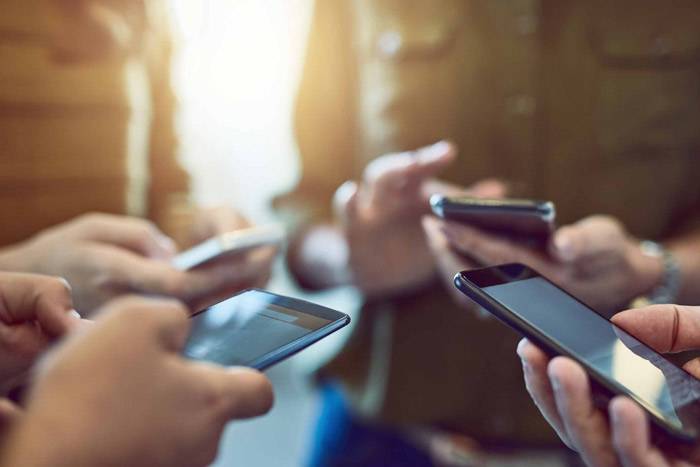Social Connections and Technology Dependency
We know that as parents, we are concerned about the technology dependency that our young people is facing. We seek to achieve the greatest well-being of our children in all aspects, including their social development. Consequently, we are concerned that our young people can develop some kind of dependency on social networks. It’s not fully clear what the effects of a technology dependency entail on a neither personal level, nor what they imply about our society as a whole.
First of all, what is a technology dependency? Dependency is the quality or state of being influenced or determined by or subject to another. So when we talk about social networks as a developing factor for a dependency, we refer to it as being influenced by our apps, cell phones, cameras, etc. Technology dependency will be then, everything that influences us related to a technology context.

How do we recognize a technology dependency?
Our brain is constantly looking for experiences that can give us dopamine. Dopamine is the wanting and the thrill of seeking, it’s not about liking. The more we use, the more we want, and the “liking” decreases when the tolerance increases – resulting in more wanting, and then the natural opiates produced decrease pain and increase dopamine again – so we are left with this hyperactive seeking system which can be triggered by external or internal cues to use.
Dr Jon E. Grant is a Professor of Psychiatry and the Director of the Addictive, Compulsive, and Impulsive Disorders Lab at the University of Chicago. He compares the addicted brain to a car with too little brakes and too much gas – when we think about using, reaching for Snapchat, dopamine starts rushing, which activates the pleasure opiates and we have less access to our thinking brain and less GABA (the brakes to our dopamine engine).
Speaker Gabor Maté, the renowned addiction expert, has also remarked about how our brains work: When we repeat something it changes our brains; that’s how we learn to play an instrument, to drive a car. But the longer we depend on something, especially in an underdeveloped brain (could be due to trauma, could be age-related), the less development can happen in the brain. Asking for change is impossible as we are asking to change an organ which can’t change – all due to dependencies.
The Social Connection
Summing all this up, teens are placed in the centre of a perfect storm. There is a culture where social connection is increasingly carried out through artificial means and sets an impossible target of what it is to be connected and achieving social success.
What’s absolutely crucial is that we understand why someone develops these unhealthy social technology dependencies.
Human beings have an innate need to bond and connect. When we are happy and healthy we will bond with the people around us. But when we can’t because we are traumatized, isolated, and beaten down by life, we will bond with something that gives us some sense of relief. For many of our youth, they’ve manifested their relief through social media. We’re back to where we started – people of all ages becoming dependent on social media
Creating healthy bonds
Professor Bruce K. Alexander, and his famous Rat Park experiments, found that when rats were locked in a cage and given the choice between morphine laced water or plain water they chose the morphine until they died. But when they were put in a “rat park” with toys, and other rats they chose not to drink the morphine. Alexander concluded that it wasn’t the chemicals, it was the cage.
The picture is becoming clearer! The environment is the key to treating any addiction such as digital and technology dependency – social recovery is just as important!
People need to bond with other people – present and in the moment. The problem is that in our modern way of living, we have developed a culture which values stuff over a connection.
Where to start?
In order to combat technology dependency, we need to change the unnatural way we live. We can all think about what it means to be connected, and how to change the cage for a park (at least for a little while). The alternative would suggest some very shiny, but very lonely cages; and very unwell rats.



